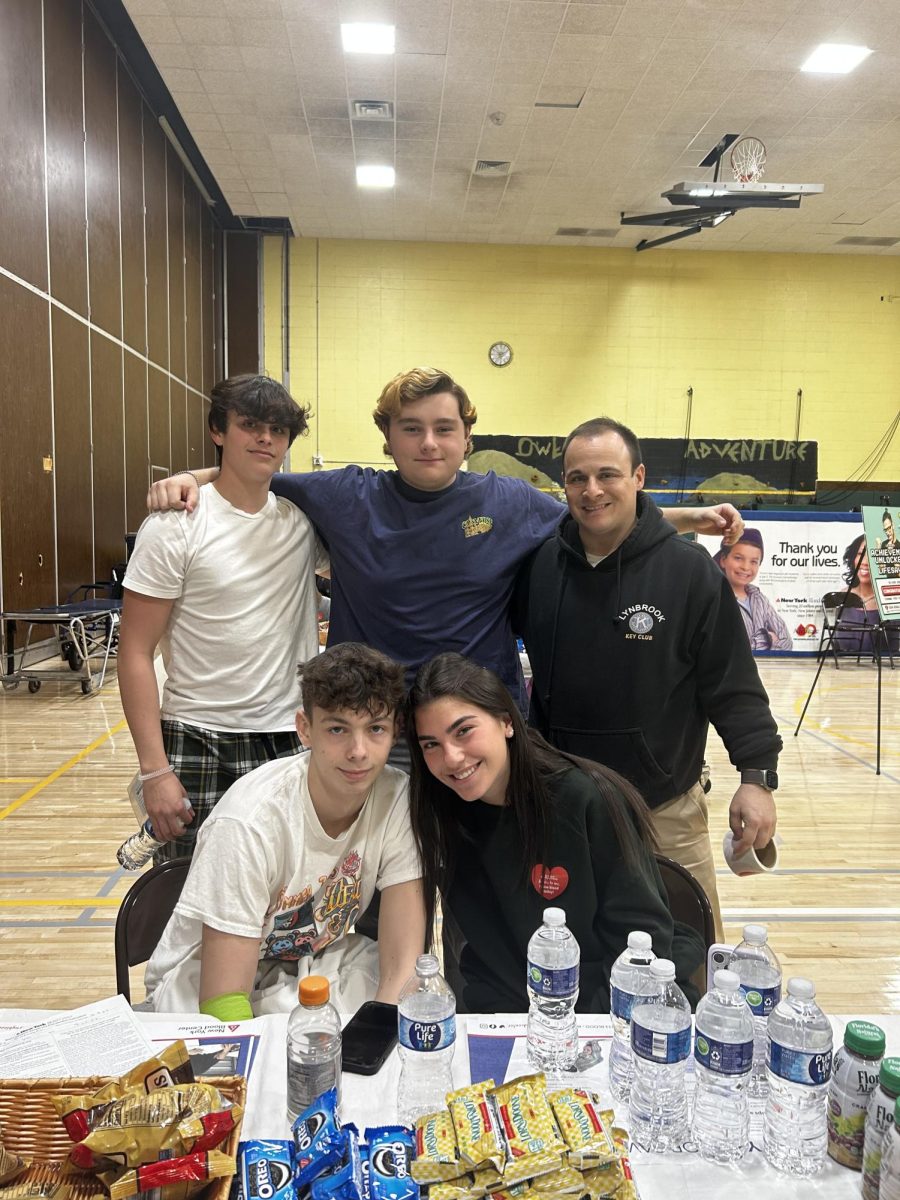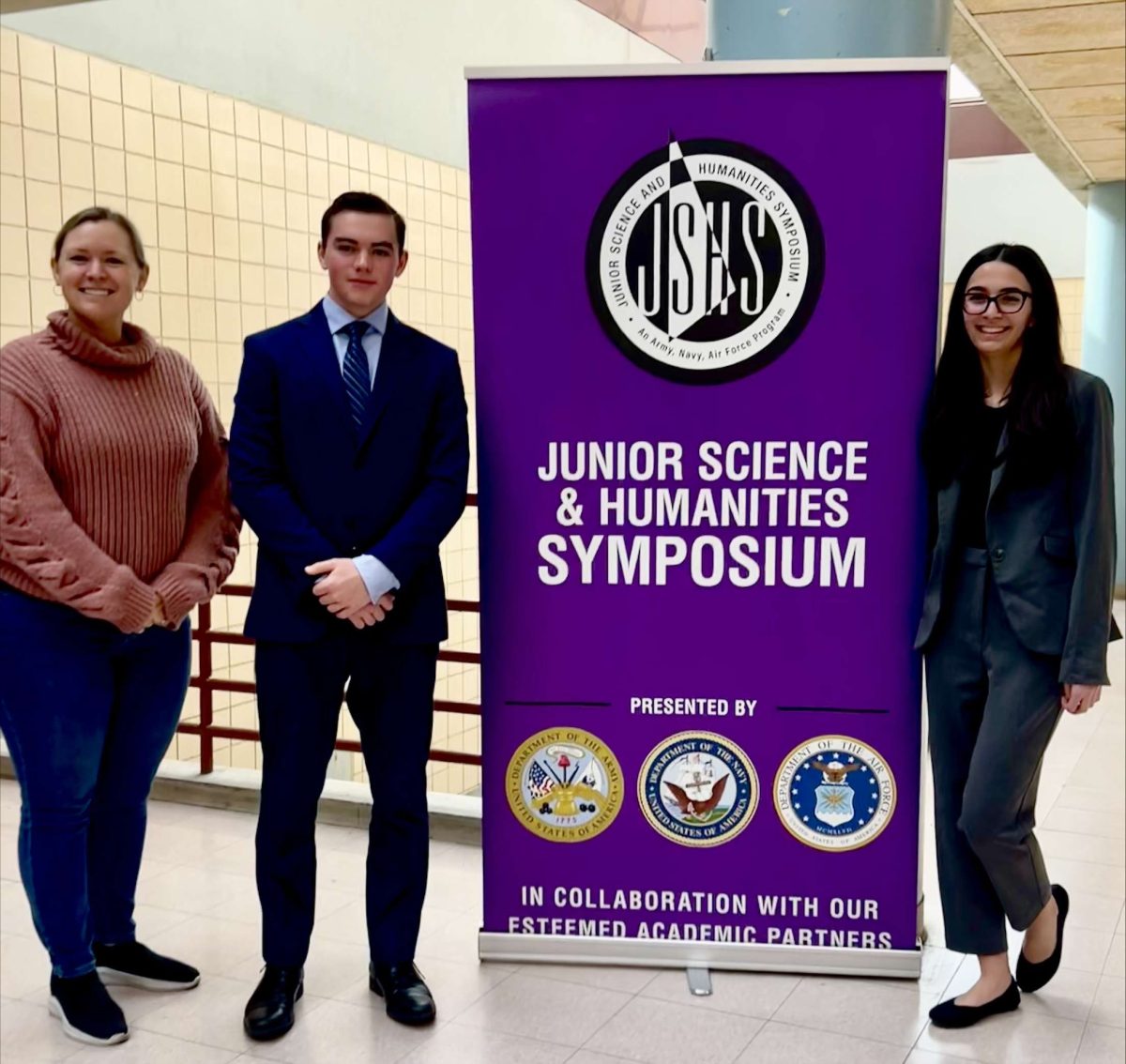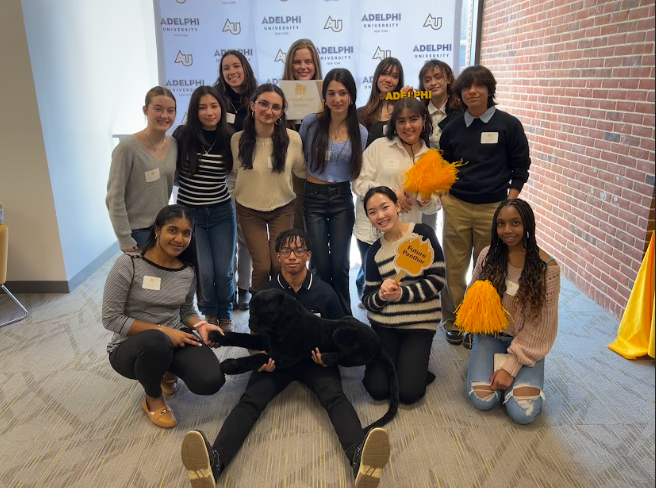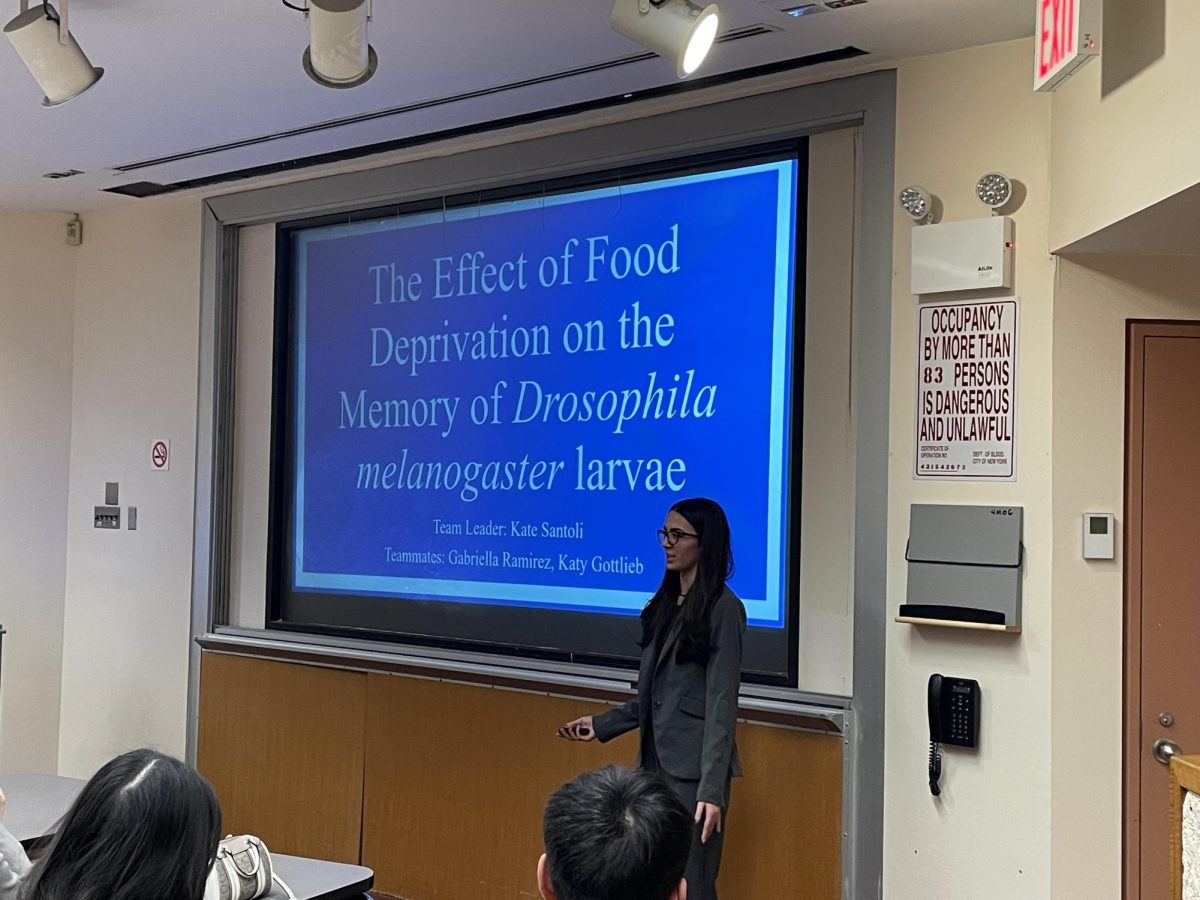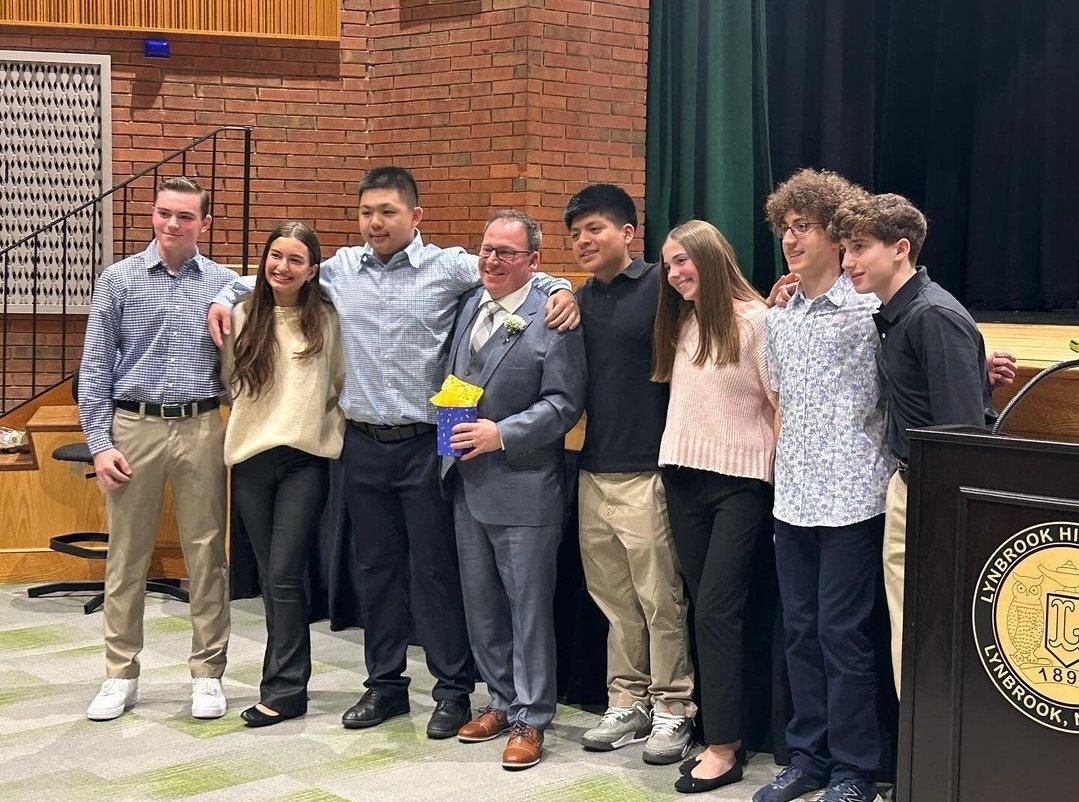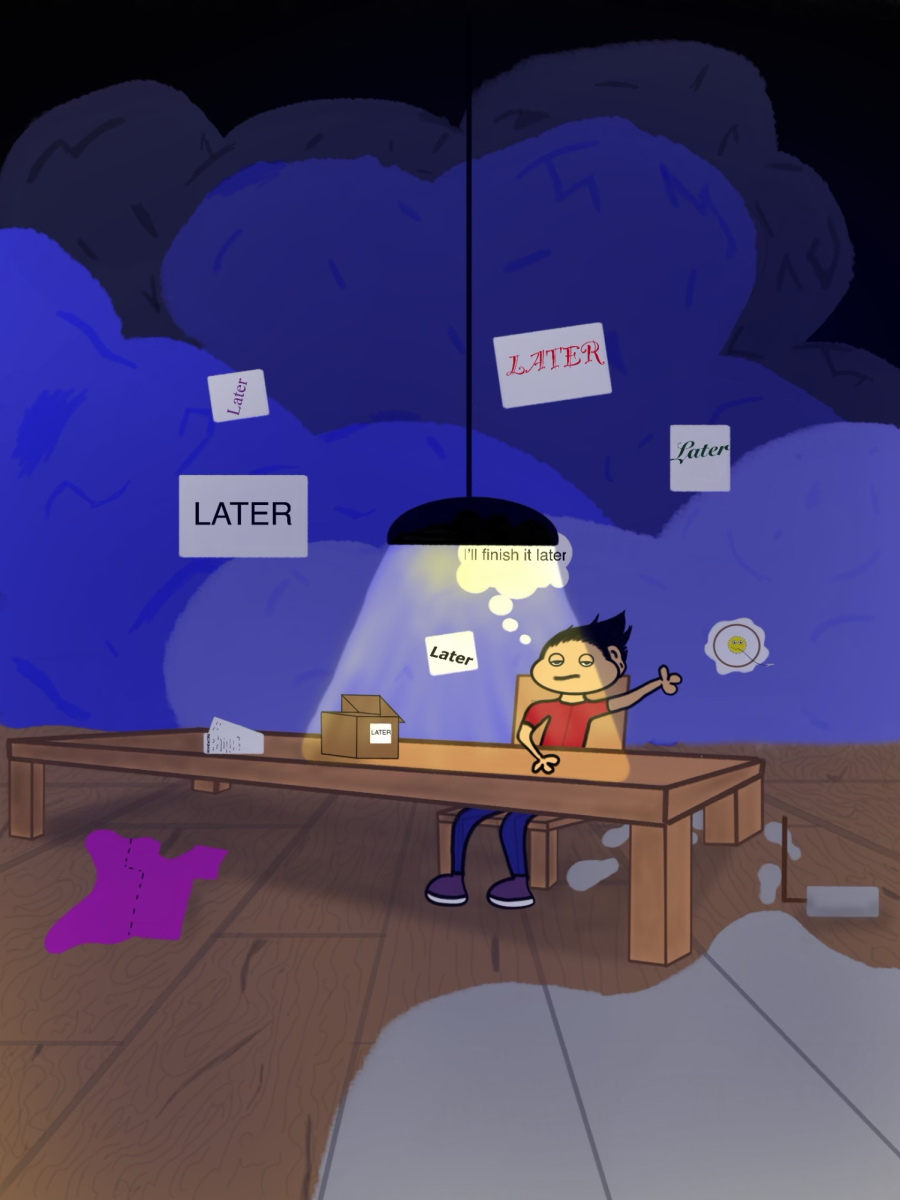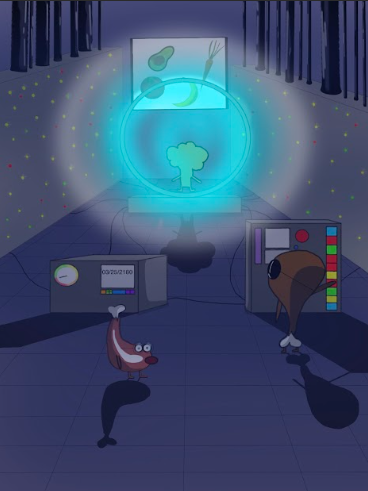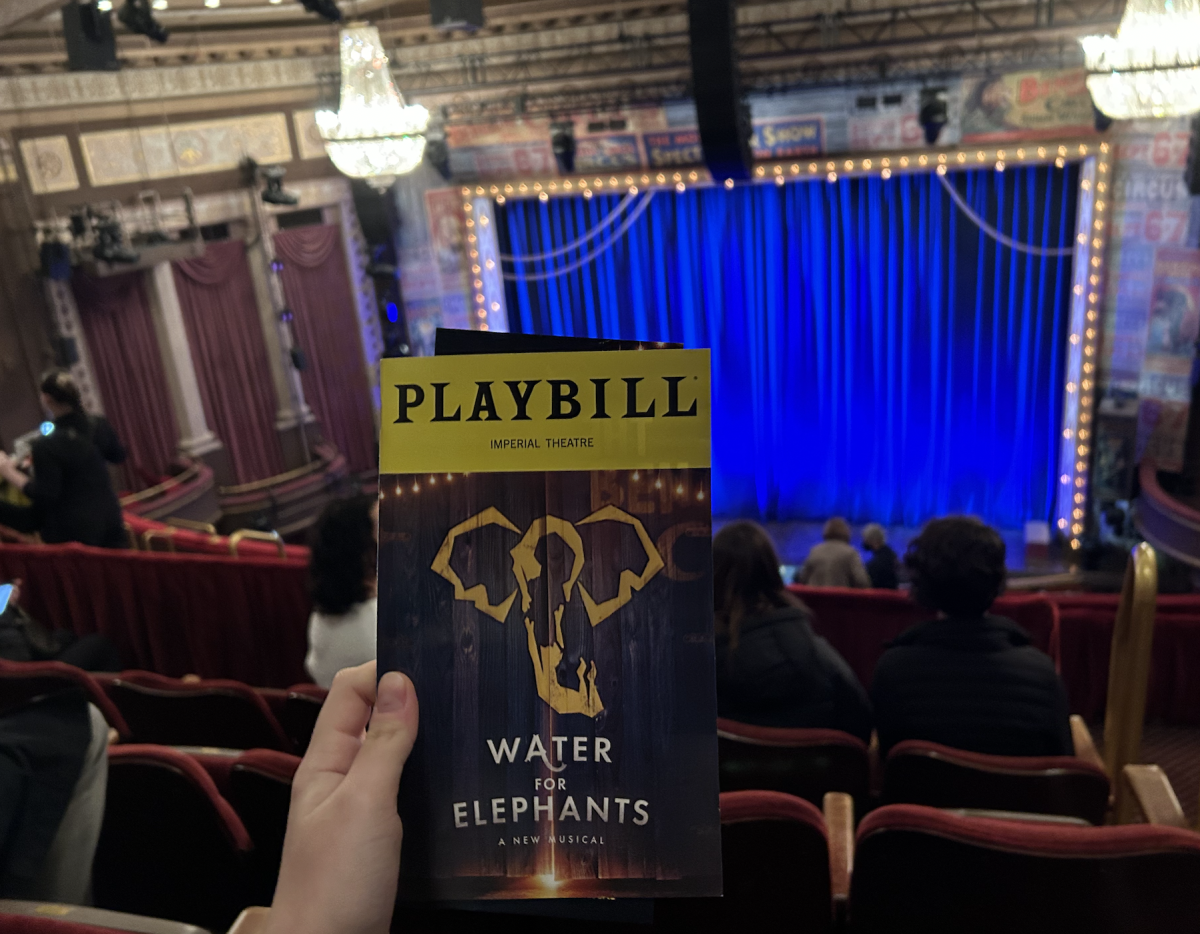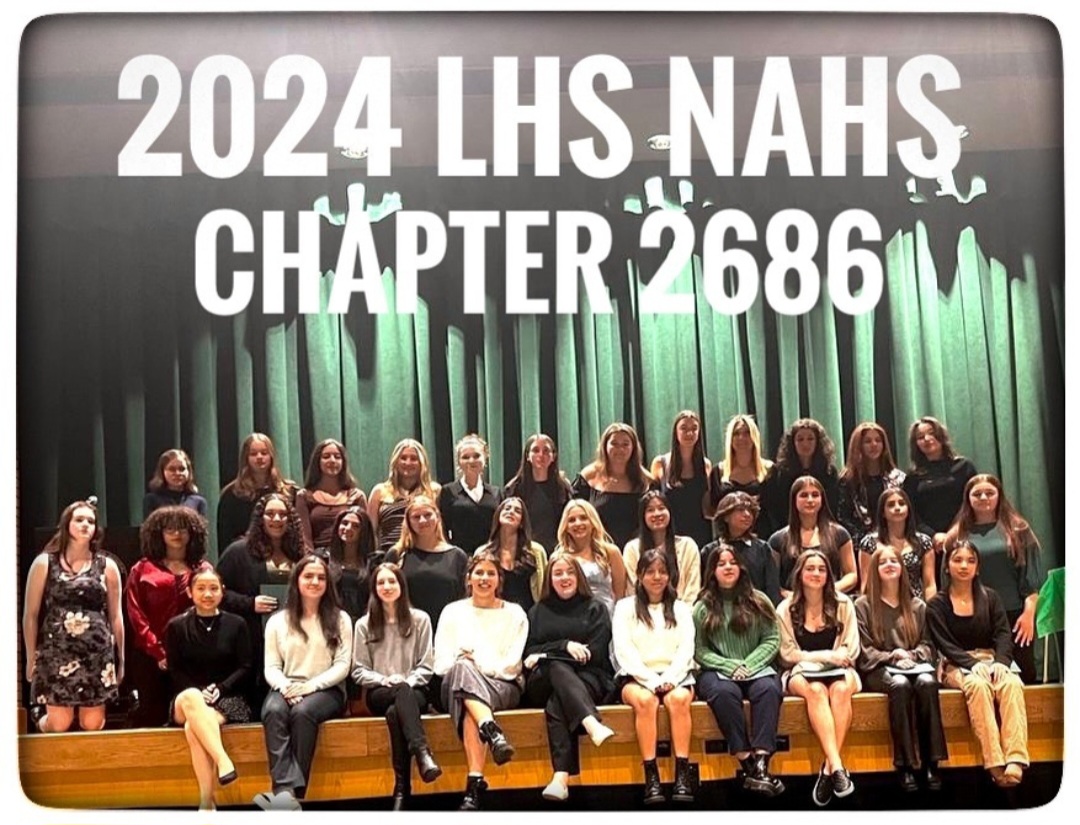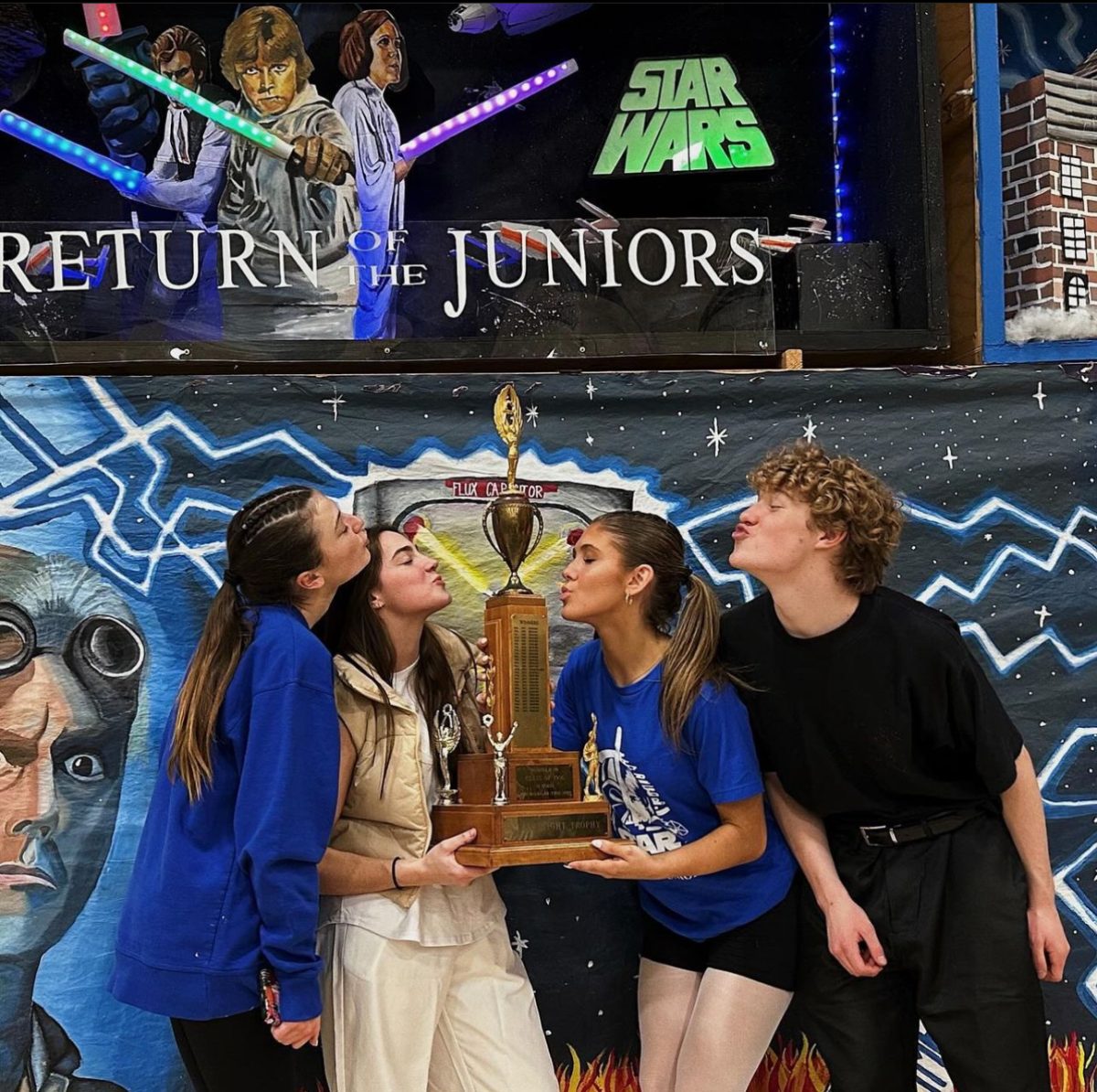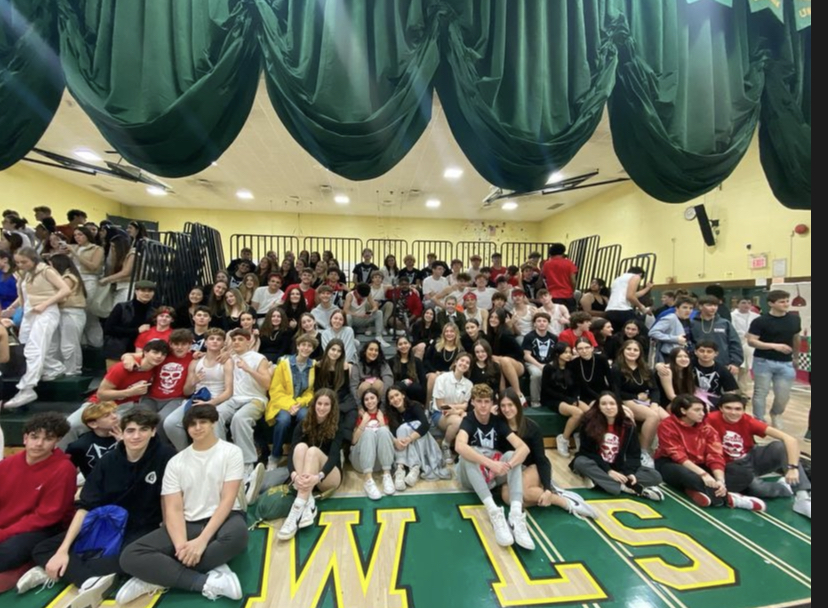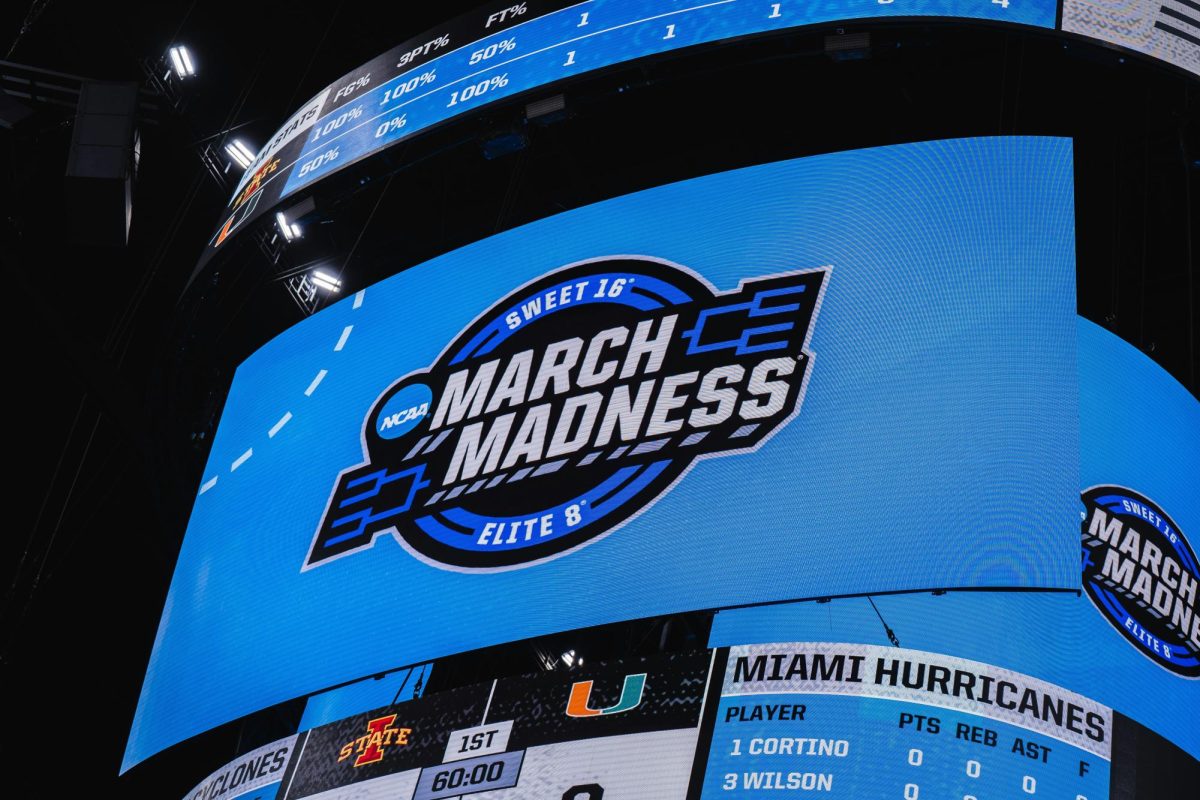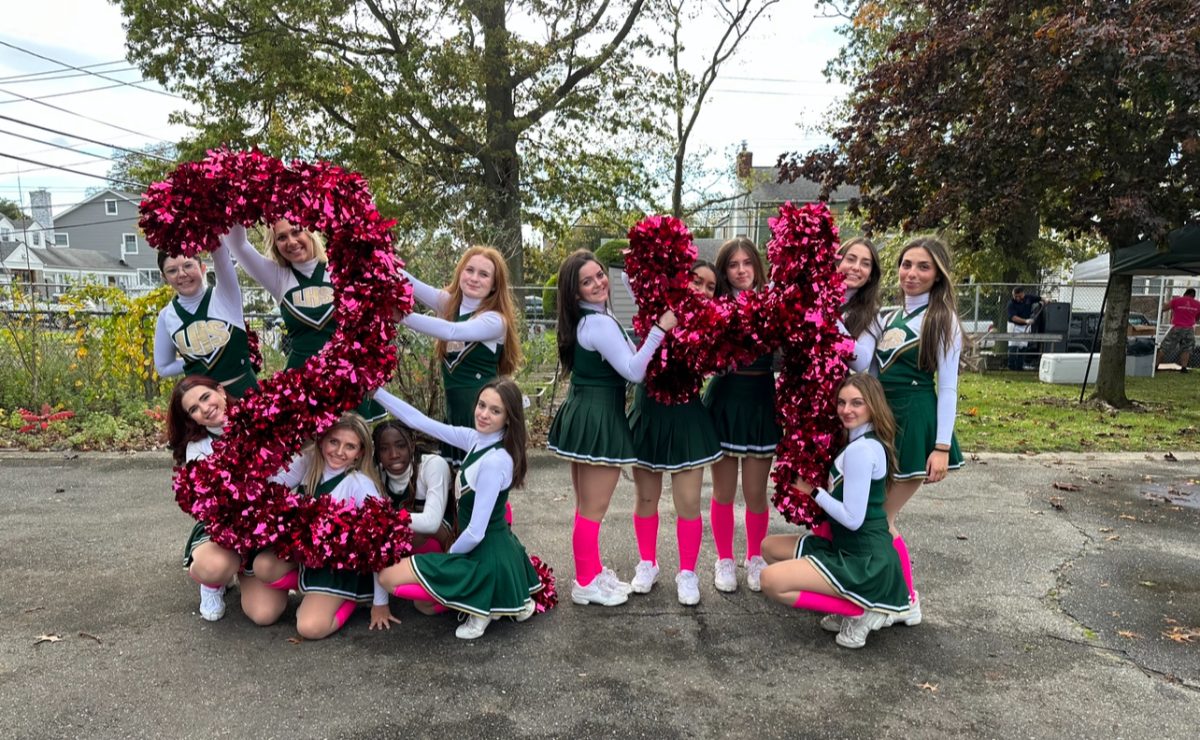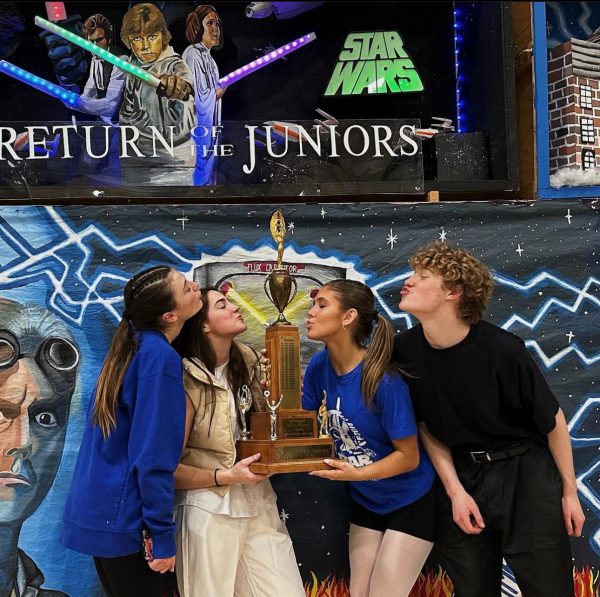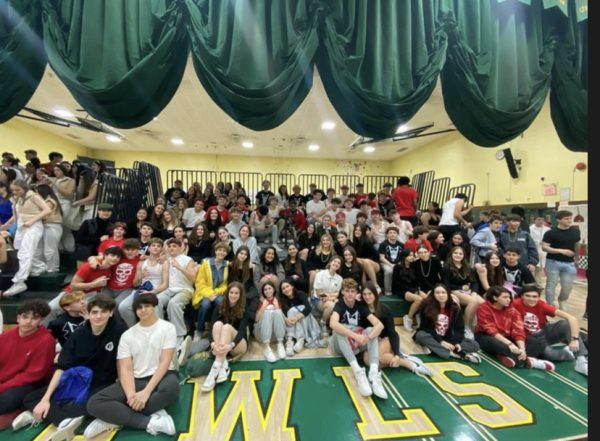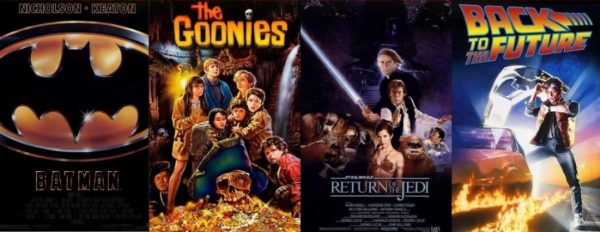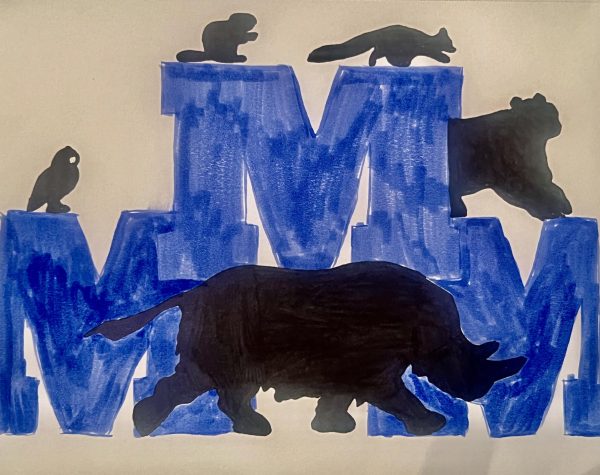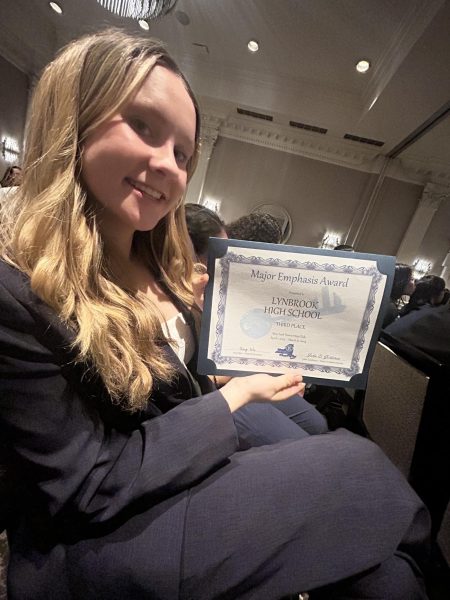Are Online Relationships Real?
With social media having already taken over our daily activities, it is only natural that it controls our relationships as well. The authenticity of these relationships, however, is very much in question. Getting to know someone over text message is not the same as verbally speaking to someone. How people interact with what you say in a split second during a conversation is what a real relationship is all about. Having an unlimited amount of time to consider what you want to say and how you want to phrase it, is an unrealistic part of online relationships.
The difference between online relationships and and those in-person is apparent, but for many young people, online relationships are the only relationships they know. In Jim Taylor’s article entitled “Is Technology Creating A Family Divide?,” published in Psychology Today, he explains the downside of online relationships: “These relationships are missing essential elements that distinguish them from flesh-and-blood relationships, namely, three dimensionality, facial expressions, voice inflection, clear emotional messages, gestures, body language, physical contact, and pheromones.” These essential parts of human nature are left out in online relationships, which makes them unrealistic and inauthentic.
Besides regular social media platforms, a common place where online relationships begin and end is on dating apps or websites. Dating apps are slowly becoming a part of not only American, but worldwide culture. A generally unnoticed problem with dating apps is their matchmaking capabilities. With the power of the Internet, people who are looking for partners can specify what type of person they want, from a specific religion and race to hair color and age. Other dating apps, like Christian Mingle, Black People Meet, and Match.com, categorize people into groups to make the search for the right person simple and far different than it is in the real world for many generations in the past. People who do not use dating apps generally stumble across or search for the right person at a certain time in their life, and dating apps have eliminated that. Sophomore Sean Therrien raises a solid point, claiming that dating apps are for some people, but not for all. He states, “While dating apps are helpful to some, knowing someone online is only knowing how they act. Knowing how they make you feel can only be understood in person.”
Social media and dating apps go hand-in-hand. Although it may not appear that way, Snapchat and Instagram serve the same purpose as Tinder and Zoosk. Many people, especially young people, build up relationships they could achieve in person through social media. In that respect, online relationships are partially real. When they correlate with real conversation and action, they could help people get to know each other better, and be used as a tool to build a personal relationship. Sophomore Dave Becker agrees, saying, “Dating apps are great when used to meet other people in real life. Getting to know a person over text or even phone calls is not authentic.” Either way, it is generally accepted that an in-person relationship is the more genuine option.
Whether the relationship be built through a social media platform, a dating app, text messaging, or phone calls, physical, interactive relationships are how relationships have been started practically since the beginning of time. These interpersonal relationships can tell you more about a person than over social media. We, as one of the youngest generations, need to make an effort to have real, personal relationships remain the most common type of relationship. Otherwise, the value of finding the right person will be gone, along with other common aspects of human communication and interaction.

